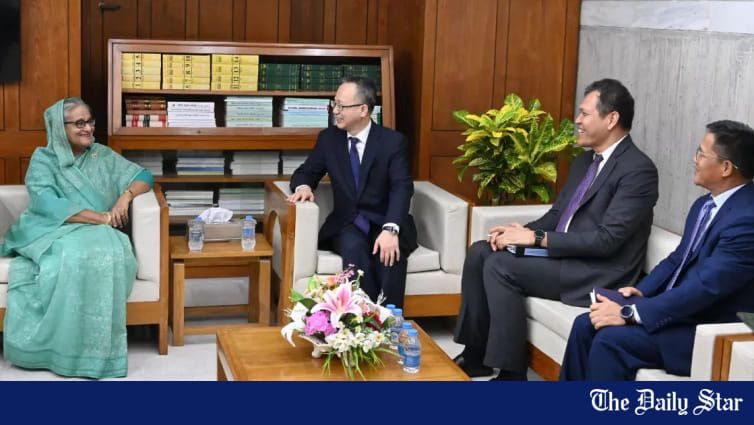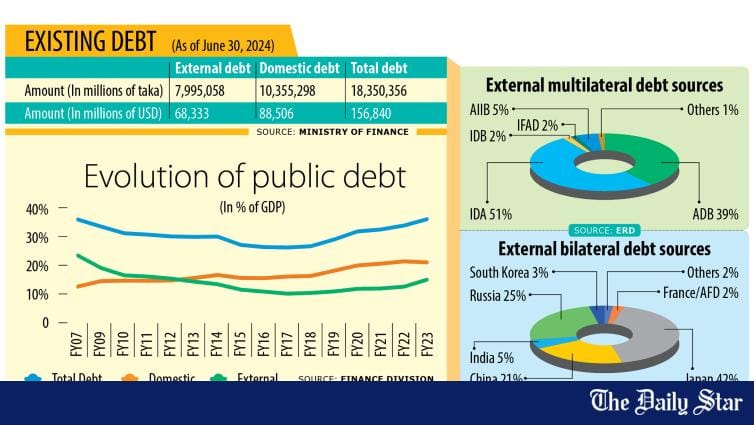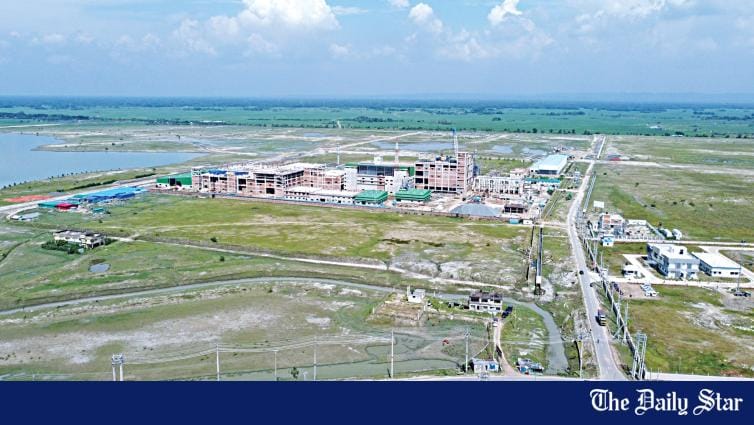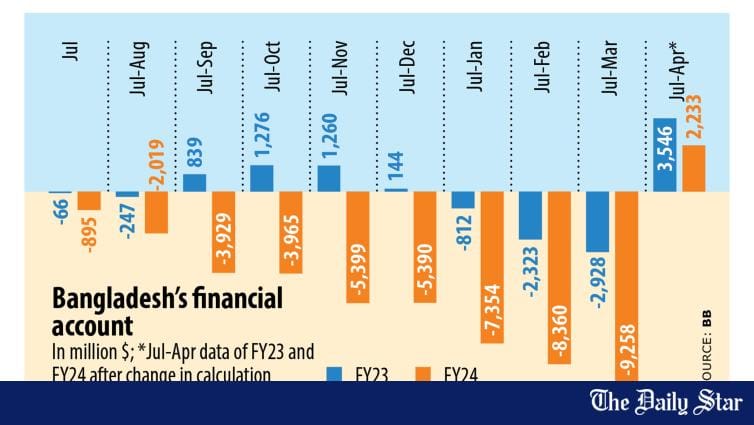Saif
Senior Member
- Messages
- 15,397
- Nation

- Axis Group


PM urges ADB to help Bangladesh implement blue economy
Prime Minister Sheikh Hasina yesterday sought cooperation from the Asian Development Bank in implementing blue economy and extract every resources from country's maritime boundary
PM urges ADB to help Bangladesh implement blue economy

Prime Minister Sheikh Hasina yesterday sought cooperation from the Asian Development Bank in implementing blue economy and extract every resources from country's maritime boundary
She made the request while visiting ADB vice president Yingming Yang called on her at her office in Sangsad Bhaban.
PM's press secretary M Nayeemul Islam Khan briefed reporters afterwards.
Hasina also sought help in agricultural research. She mentioned that the per capital income and purchasing capacity of the people of Bangladesh needed to be improved.
"We want to develop Bangladesh as a big market particularly for our own products," she said.
She put emphasis on the production of the agricultural products as she mentioned that ensuring food security is the priority for the government.
Hasina also sought logistic support from the ADB to strengthening Bangladesh's competitiveness for its export items after the graduation from the LDC status in 2026.
She briefly described various short, medium and long term programmes of the government to improve the country in to a developed one by 2041.
The prime minister asked the ADB to assist Bangladesh in integrated river management including river training, capital dredging and maintenance dredging.
Yingming said ADB has decided to increase their support in urban and water policy from 13 percent of the total support to 26 percent.
He mentioned that ADB wants to assist Bangladesh in health project and digital technology apart of collaborating in agricultural research in longer version.
He said ADB wants to help Bangladesh in primary education and healthcare skills development in their new five year plan.
The ADB vice president said ADB wants to develop a city master plan for Bangladesh to better usages of available resources.
In this connection, the premier asked them to consider upazilas in Bangladesh for their project.
Prime Minister Sheikh Hasina yesterday sought cooperation from the Asian Development Bank in implementing blue economy and extract every resources from country's maritime boundary
She made the request while visiting ADB vice president Yingming Yang called on her at her office in Sangsad Bhaban.
PM's press secretary M Nayeemul Islam Khan briefed reporters afterwards.
Hasina also sought help in agricultural research. She mentioned that the per capital income and purchasing capacity of the people of Bangladesh needed to be improved.
"We want to develop Bangladesh as a big market particularly for our own products," she said.
She put emphasis on the production of the agricultural products as she mentioned that ensuring food security is the priority for the government.
Hasina also sought logistic support from the ADB to strengthening Bangladesh's competitiveness for its export items after the graduation from the LDC status in 2026.
She briefly described various short, medium and long term programmes of the government to improve the country in to a developed one by 2041.
The prime minister asked the ADB to assist Bangladesh in integrated river management including river training, capital dredging and maintenance dredging.
Yingming said ADB has decided to increase their support in urban and water policy from 13 percent of the total support to 26 percent.
He mentioned that ADB wants to assist Bangladesh in health project and digital technology apart of collaborating in agricultural research in longer version.
He said ADB wants to help Bangladesh in primary education and healthcare skills development in their new five year plan.
The ADB vice president said ADB wants to develop a city master plan for Bangladesh to better usages of available resources.
In this connection, the premier asked them to consider upazilas in Bangladesh for their project.



